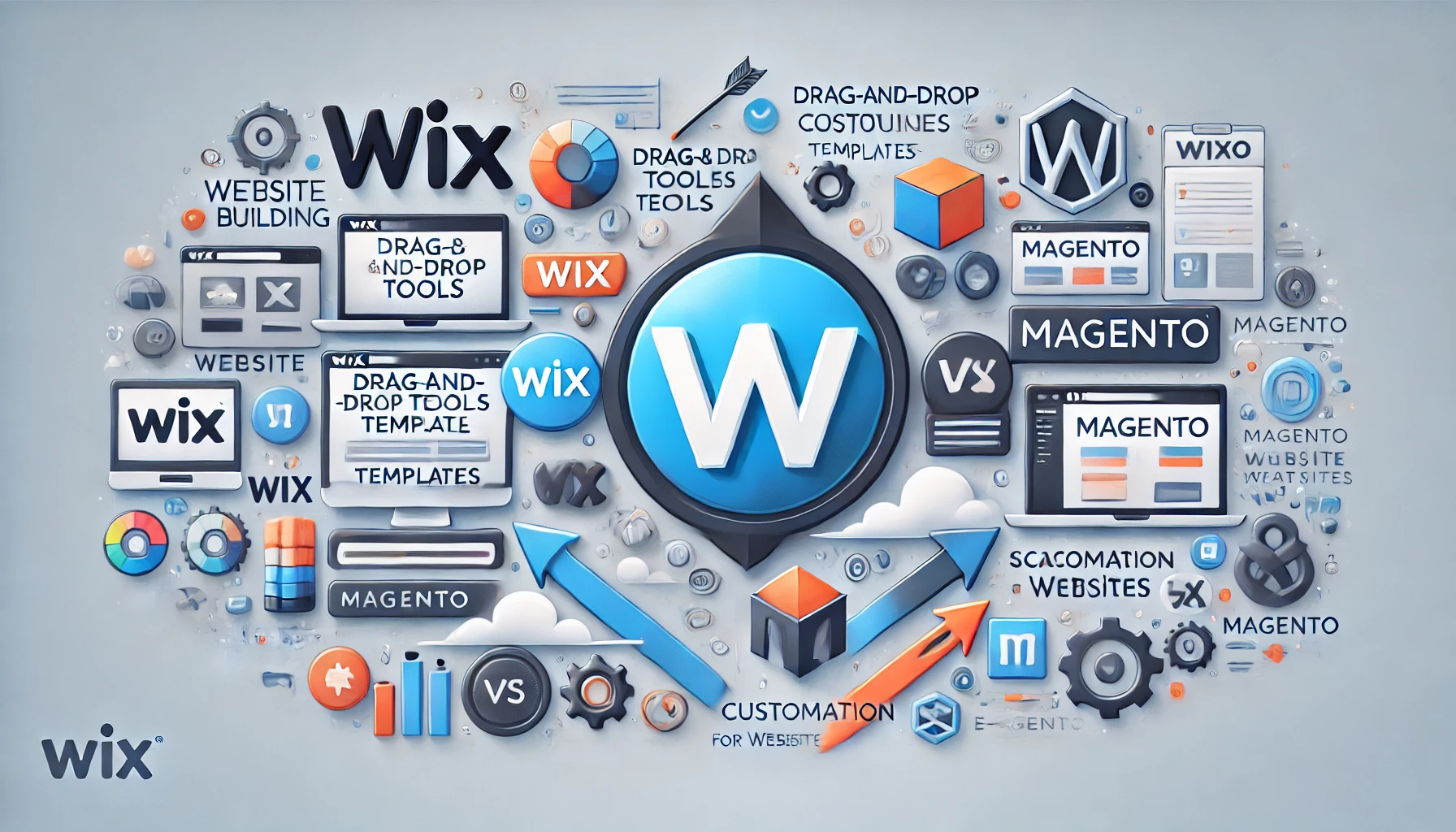How to Choose the Right Platform for Your E-Commerce Business
Choosing the right e-commerce platform is one of the most important decisions you’ll make as an online business owner. It’s not just about having a place to sell your products—it’s about creating a seamless experience for your customers and a system that works efficiently for you behind the scenes. With so many options available, it’s easy to feel overwhelmed.
In this guide, we’ll break down three of the most popular e-commerce platforms—Shopify, WordPress with WooCommerce, and PrestaShop. By the end, you’ll have a clearer idea of which platform aligns with your business goals, technical skills, and budget.
Key Factors to Consider When Selecting an E-Commerce Platform
- Ease of Use: If you’re not a tech-savvy person, you’ll want a platform that’s intuitive and doesn’t require coding knowledge.
- Customization Options: Do you want a unique storefront that stands out, or are you okay with something more generic?
- Scalability: Is your business a side hustle, or do you plan to scale it into a large enterprise?
- Cost: Your budget will play a major role. Some platforms charge monthly fees, while others are free but require you to pay for hosting, themes, or plugins.
- SEO and Marketing Tools: Your platform should help you attract traffic. Strong SEO features and compatibility with marketing tools like email automation or analytics are crucial.
- Integration with Tools: From payment gateways to inventory management software, the platform you choose should integrate easily with the tools you use to run your business.
Shopify Overview: Ease of Use and Dropshipping Focus
If simplicity is what you’re after, Shopify is an excellent choice. Designed to make e-commerce accessible to everyone, Shopify is known for its user-friendly interface and streamlined features. Whether you’re selling physical products, services, or even digital downloads, Shopify can handle it.
It’s also a favorite among dropshippers because of its integration with apps like Oberlo and Spocket, which make sourcing and selling products effortless.
Shopify Pros and Cons for Entrepreneurs
- Pros:
- Quick setup with no technical expertise required.
- Robust customer support available 24/7.
- A wide variety of themes and apps for customization.
- Built-in tools for payment processing and shipping.
- Cons:
- Monthly subscription costs can add up with additional apps.
- Limited backend control for advanced customization.
- Transaction fees unless you use Shopify Payments.
WordPress with WooCommerce: Flexibility and SEO Benefits
For those who want full control over their website, WordPress with WooCommerce is an excellent option. This combination is ideal for businesses that value flexibility and robust SEO tools.
Customization Features and Plugins
- Endless Design Possibilities: With thousands of WordPress themes and plugins, you can build a truly unique store.
- Powerful SEO Tools: WooCommerce supports advanced SEO plugins like Yoast, making it easier to rank your store in search engines.
- Third-Party Integration: Works seamlessly with tools like Mailchimp, Stripe, and Google Analytics.
Challenges with WooCommerce: The freedom WooCommerce offers comes at a price—time and technical skills. You’ll need to handle hosting, updates, and security, which can feel overwhelming for beginners.
PrestaShop: Ideal for Large and Complex Stores
If you’re managing a larger store with thousands of products, or if you plan to sell internationally, PrestaShop might be your best bet. It’s an open-source platform like WooCommerce but is specifically designed for e-commerce.
Scalability and Multilingual Support
- Scalability: PrestaShop can handle extensive catalogs and heavy traffic without slowing down, making it ideal for enterprise-level stores.
- Multilingual and Multicurrency: Expand your reach with built-in tools that make selling internationally simple.
Pros:
- Cost-effective with no subscription fees; only pay for hosting and add-ons.
- Highly customizable for advanced users.
- Active community for support and development.
Cons:
- Requires technical skills for setup and maintenance.
- Add-ons for extra functionality can become expensive.
Final Verdict: Which Platform Is Best for Your Business?
The best platform for your e-commerce business depends on your specific needs:
- Choose Shopify: If you prioritize ease of use, rapid setup, and dropshipping.
- Choose WordPress with WooCommerce: If customization and SEO are critical to your strategy.
- Choose PrestaShop: If you’re managing a large, complex store with global ambitions.
Evaluate your budget, technical skills, and long-term goals before making your decision. Each platform has strengths that cater to different business models, so choose wisely to set your e-commerce venture up for success.



